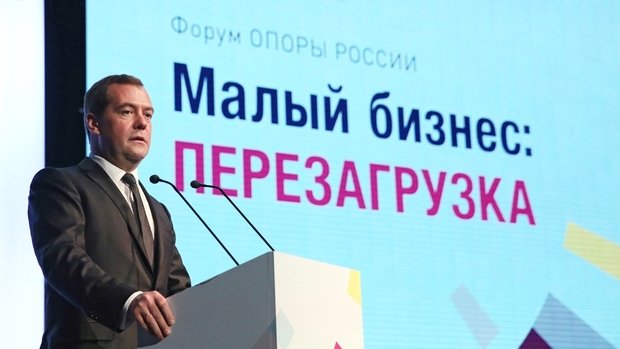Shadow economy totals one-fifth of GDP in Russia
In Russia, the volume of undeclared import and income taxes, off-the-books payments and other illegal transactions exceeded $315 billion in 2018. Unsurprisingly, a new survey shows that doing business in the country without breaking rules seems impossible for a majority of Russians.
The size of Russia's shadow economy was equal to 20% of the GDP last year, reports The Moscow Times. According to state financial watchdog Rosfinmonitoring, undeclared import and income taxes, under-the-table salaries and other suspicious transactions totalled 20,7 trillion rubles ($315,9 billion) in 2018, while Russia's GDP amounted to 103,6 trillion rubles. The watchdog estimated that almost 15 million Russians worked off the books with a total illicit payroll of around 11 trillion rubles in 2018.
Overall, the volume of shadow transactions increased slightly from the previous year's estimate of 18,9 trillion rubles. However, last year's result was still lower than in 2016, when the shadow economy value reached 24,3 trillion rubles or 28% of GDP. By comparison, Russia's total federal budget spending is expected to total 18 trillion rubles in 2019.

Meanwhile, according to a recent state-funded survey, a majority of Russians consider doing business in the country to be impossible without breaking rules. The survey conducted by Russian Public Opinion Research Centre (VTsIOM ) among 1,600 Russian respondents on 16 February showed that 62% of Russian respondents believed it was impossible to conduct honest business in Russia ''without hiding anything or deceiving anyone''. High taxes (25%), excessive bureaucracy (22%) and large expenses (16%) were named as the biggest obstacles to opening a business in Russia. Some respondents also noted corruption (9%) and administrative barriers (8%).
Almost two-thirds of respondents (63%) told VTsIOM they were not interested in opening a business in the country, while 25% confirmed their interest and 10% said they already had a business.
''The existing state regulatory system simply doesn't let private business to be conducted without violating something,'' commented business ombudsman Boris Titov. The survey was conducted just after the detention of one of the biggest private equity investors in Russia Michael Calvey. Senior Russian officials and businesspeople have vouched for Calvey as an upstanding investor, says The Moscow Times.